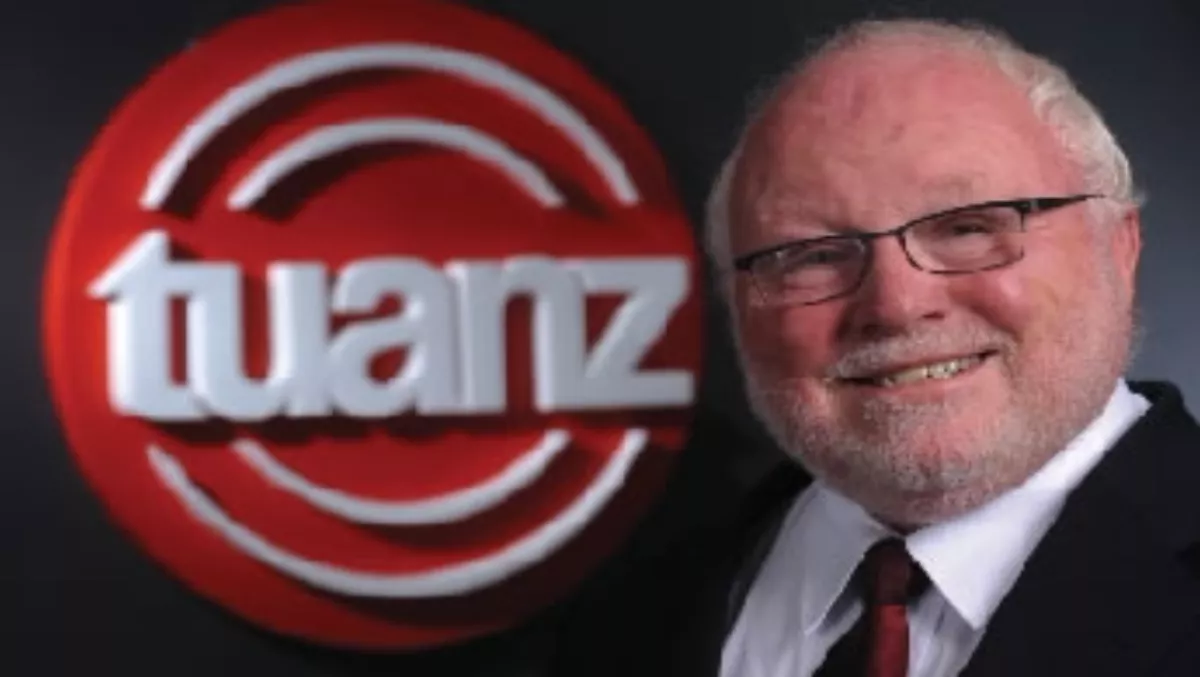A few days in Brussels late last month reinforced for me that users must not only strive to improve competition, but safeguard the ground we already hold. As user associations in parts of Europe are finding, it is incredibly easy for network industries to slide back into monopolistic or anti-competitive states if the pressure comes off. Take Belgium. The opening presentation at the International Telecommunications Users Group (INTUG) meeting I attended came from incumbent Belgacom. It felt like a flashback to the bad old days that New Zealand moved past several years ago, when incumbents dictated the conditions under which competition would be permitted.The Belgians have made a huge error by allowing their government to continue holding a majority share in Belgacom. This leaves the government with a massive conflict of interest as owner, regulator, policy setter and largest customer. As Australia belatedly recognised in similar circumstances, such conflict inevitably leads to bad outcomes for the industry’s customers.Belgacom has invested €470 million ($NZ 1.06 billion) in fibre to the cabinet. That’s cool - although as their major competitor pointed out, it’s not that vast for a company with a turnover of €6 billion ($NZ 13.55 million) dominating a market with a population of 10.5 million. But the catch is that having invested, they now consider themselves deserving of a regulatory holiday so they can reap the rewards unconstrained. “We will not invest any more,” they said, “until we are guaranteed to be free of regulation.”Welcome back to the nineties!Yet Belgium is not the only European state where healthy markets are under threat. Ilsa Godlovitch of the European Competitive Telecommunications Association (ECTA) - a popular speaker at TUANZ Telecommunications Day in 2007 - lamented that competition has gone into reverse. Across Europe there are typically only four challengers in each market, and only two in Belgium, while the average market share of incumbents has bottomed out at 45% and is now on the rise again.I’m thoughtful about whether one should have in mind a specific ideal share for an incumbent. However, 45% certainly feels too high and any crossing of the 50% mark would seem to me to ring alarm bells. Even in a small country like New Zealand, I think we have a sense of unease when a dominant player materially exceeds half of any market.Meanwhile from left field, the Germans have thrown a huge challenge into the mix. With next generation access networks coming on stream, the conventional regulatory focus is on making these comply with open access principles, so that the competition issues that bedeviled the sector in the copper age are minimised in fibre. As INTUG Executive Vice Chair Nick White has observed, if regulation does not support open access to infrastructure for alternative operators, it will mean the death of competition in fixed telecommunications. However, enter from left stage German incumbent Deutsche Telekom, which has managed to convince the German government that cooperative agreements between investors and access-seeking parties would be an acceptable substitute for open access. This could mean that a single such agreement - which could be between two incumbents in different European states such as Deutsche Telekom and Telefonica - would be deemed sufficient to meet the definition of open access. It would provide a massive loophole for regulators or governments that would enable them to grant next-generation access networks regulatory holidays to their incumbents, constituting a complete U-turn by the European Commission and setting back competition by an order of magnitude.The politics around the German proposal are at the highest level, bringing pro-competition groups such as INTUG and ECTA to a state of high alert with only days or maybe weeks remaining before a decision is made.I remember early in my days at TUANZ hearing an old hand in the industry observe that the natural state of any network is a monopoly and eternal vigilance was required to avoid re-creation of these. Europe faces just such a scenario. The next few weeks will be crucial indeed.
IT Brief New Zealand - Technology news for CIOs & IT decision-makers


